
Demand Management

A Surprise R&D 100 Award for Pecan Street and Our Partners
Are we excited about winning an R&D 100 Award? Absolutely. Are we trying to humble brag? Maybe a little. In reality, this award is a recognition of a fantastic start. We’re excited to continue our research and to dive even deeper into the changing and challenging energy system research that we’ve done for 12 years.
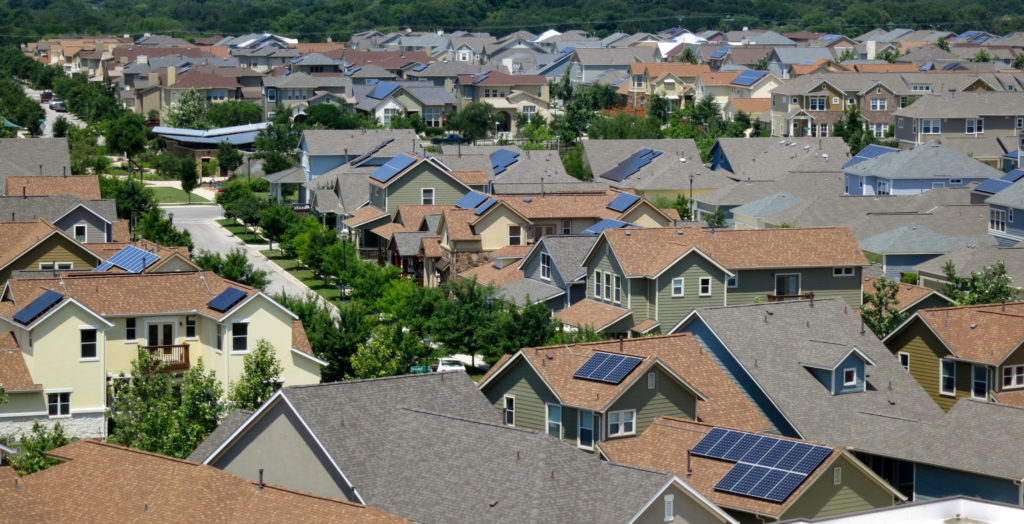
Pecan Street Awarded $7.9 Million to Develop Solar Congestion Solution, Improve Solar Access for LMI Customers
The U.S. Department of Energy has granted a five-year, $7.9 million Grid Resilience and Innovation Partnerships Program (GRIP) grant to Pecan Street Inc. and its partners to develop and deploy technology that will allow utilities to manage solar supply and energy demand throughout the grid.

Restore OKC Brings Pecan Street’s Research Network to Oklahoma City
Restore OKC has teamed up with the University of Oklahoma and Pecan Street Inc. to help launch an energy efficiency and awareness program in northeast Oklahoma City. We’re already recruiting participants, conducting energy audits and installing equipment that will measure how these improvements affect participants’ energy use and costs.

A Simple Solution to A/C Driven Energy Demand: Smarter Cooling
By Cavan Merski – Download our new analysis, which examines how behavioral tendencies (like manual thermostat adjustments) and home technology (like smart thermostats) can significantly reduce electricity demand for air conditioning during hot Texas summers.
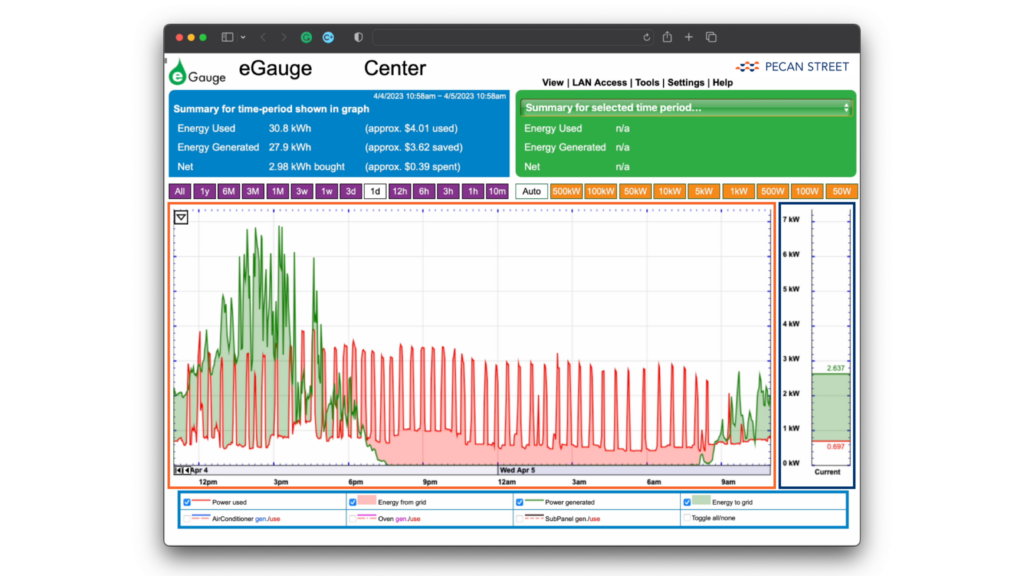
eGauge Tour: A Quick Tutorial for Pecan Street Participants
By Rachel Jenkins, Director of Operations, Pecan Street – If Pecan Street has installed an eGauge in your home and you’re looking for a quick guide for viewing your data, you’re in the right place. Below you’ll find everything you need to know to log in and nerd out.

Community, Local Experts and Showing Up Have Been Key to Pecan Street’s Expansion
By Rachel Jenkins, Director of Operations, Pecan Street – My recent trip to Culebra, Puerto Rico, where we’re recruiting about 50 families to participate, was further proof that community, local experts and simply “showing up” have been key to our efforts.
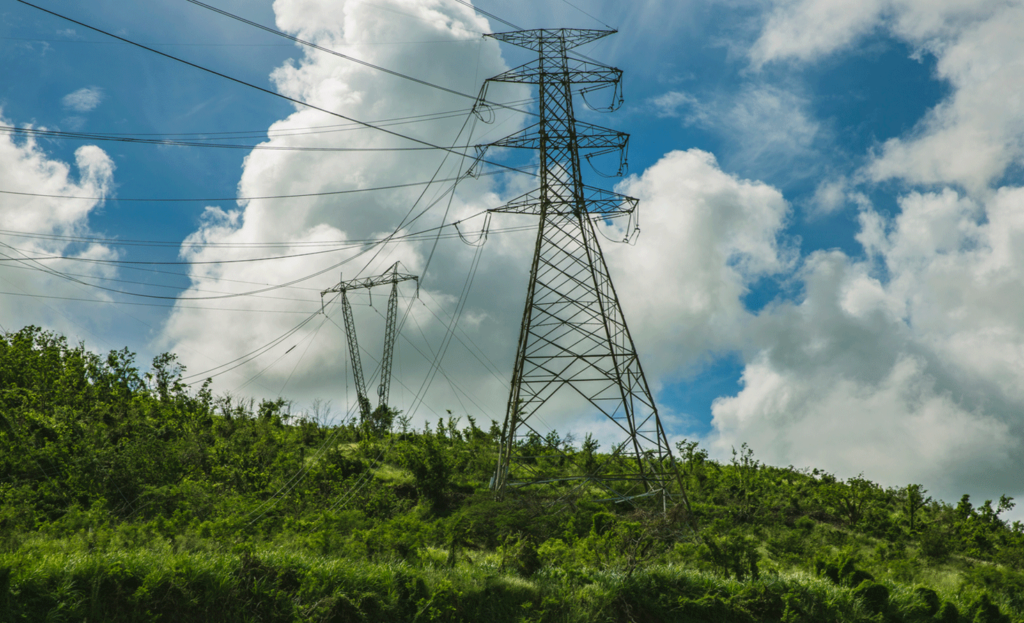
Pecan Street’s Expansion to Puerto Rico Promises Energy Data Goldmine for Researchers and Electricity Customers Everywhere
By Cavan Merski, data analyst, Pecan Street – Our expansion into Puerto Rico is unique; nowhere else on Earth can you find the island’s combination of energy challenges and energy ambition.

Energy Efficiency Does More Than Save Money and Reduce Emissions. It Can Strengthen the Grid.
By Cavan Merski – Energy-efficient homes provide a variety of benefits to customers and the grid. But energy efficiency can be leveraged to produce even more bang for its buck by enabling certain types of demand response.

Canary Media: Smart Electric Panels in Homes Could Prevent Overtaxing the Grid
Canary Media – Utilities are worried that homes switching to electric heating, electric cooking and electric-vehicle charging will create major new strains on their power grids. And homeowners looking to go all-electric face steep costs if they need to upgrade their grid connections to handle bigger electrical loads. A new report suggests that both problems could be addressed by the latest smart electric panels.

During Texas’ Heatwave, Every Degree Matters. And so Do Conservation and Efficiency.
By Scott Hinson, chief technology officer, Pecan Street – For the second time in a week, Texas’ grid operator (ERCOT) and local utilities yesterday issued “calls for conservation” as the state bakes under a prolonged heatwave. Among the requests: increase your thermostat setpoint to 78 degrees to reduce state-wide air conditioner load. It’s unsurprising that air conditioning increases electricity demand during a heatwave. But it may surprise you to know just how powerful a driver it is and how close it can push the state toward a real problem.

Pecan Street’s JupyterHub Can Help Rapidly Scale and Iterate Your Research
By Cavan Merski, data analyst, Pecan Street – To allow better access and more sophisticated analysis of this data, we launched our own Jupyterhub, a multi-user server for Jupyter Notebooks designed to support large-scale analysis by using GPU and memory based on a server rather than a local machine. It also allows multiple users – like groups of students or researchers – to share the same document at the same time.

More Clean Power in Texas will Require More Grid Transmission and DER Development
By Cavan Merski, data analyst, Pecan Street – The ERCOT power grid is back in the news. Texas experienced its hottest May on record and June has seen consistent record-breaking temperatures as well. ERCOT has been busy trying to balance extremely high grid demand with various electric generation plant outages. On June 12, ERCOT recorded its highest ever grid demand of over 75GW. That record only lasted one week before grid demand climbed to more than 76 GW on June 20. And we're wasting emission-free wind and solar power.

Cooling a Warming Planet: What Homes in Texas and New York Can Teach Us About Cooling Demand Around the Globe
By Cavan Merski, data analyst, Pecan Street – We were interested to see how our homes in these two regions compared now and what will happen in the future as climate change brings warmer summers to most of the country, so we performed a series of regressions to explore differences in the cooling load between homes in Austin, TX homes and Ithaca, NY.

First Look at High-Resolution Home Energy Data in Puerto Rico Suggests Vastly Different Challenges and Opportunities.
By Cavan Merski, data analyst, Pecan Street – The first Pecan Street home in Puerto Rico is online, and we already see some differences compared to the hundreds of homes in our network in Texas, New York, California and Colorado.

A Tale of Two February Freezes – Can Last Year’s Grid Failure and This Month’s Storm be Compared?
By Scott Hinson, chief technology officer, Pecan Street – The recent freeze gave us an opportunity to compare electricity use in our research network before and during the event to how people used power during last year’s crisis. Did they learn any tips or tricks? Did they panic heat their homes to prepare for power outages? Did they charge their cars any differently? Here's what we saw.

A Year After Winter Storm Uri, a Look at Smart Solutions to Strengthen the Grid
By Cavan Merski, data analyst, Pecan Street Inc. – Microgrids get name-dropped a lot. And for good reason. The promise of a smarter, more resilient, and cleaner grid is enough to make any energy geek swoon. But given all the buzz, there’s a short supply of guidance on how we can deploy microgrid technology at scale. Pecan Street’s new analysis puts our energy data expertise to work to answer part of the microgrid riddle – how can big data enable widespread microgrid deployment?

Press Release from NYSERDA Announcing Pecan Street as Utility Data Advisor
Pecan Street, an energy and climate research and development organization was awarded $400,000 as the utility data advisor to provide dedicated support to oversee and provide guidance to NYSERDA and DPS on data sourced from the utilities, such as energy consumption, grid capacity, and distributed energy resources and the technology needed to provide data to the IEDR. Pecan Street’s team will serve as a subject matter expert on utility data systems as well as participate in the IEDR Utility Coordination Group.
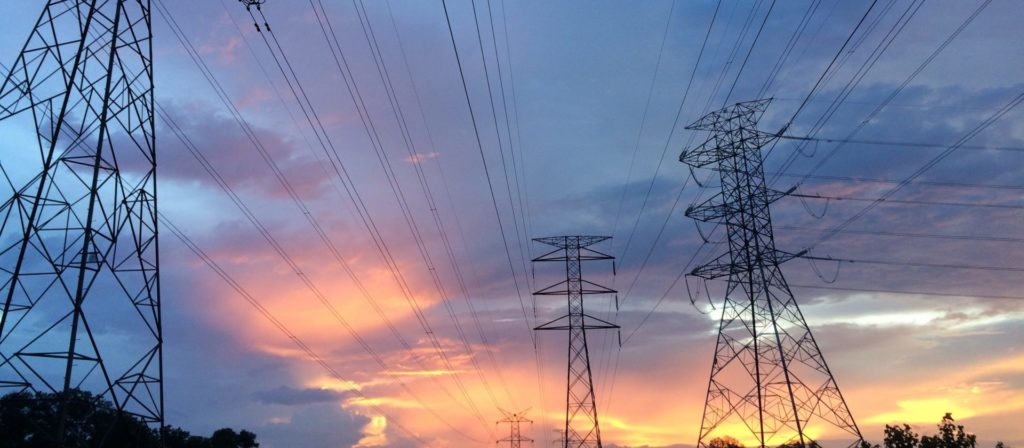
Pecan Street Joins Eaton Team to Improve Grid Reliability with Renewables
(October 2, 2020 — AUSTIN, TX) Eaton Corporation has convened a team of researchers, including Pecan Street Inc., to develop a next-generation grid services solution to improve the overall efficiency of the electric grid and to optimize renewable energy generation.

Forget DER aggregators, grid-edge intelligence will be the hallmark of the utility of the future
January 21, 2020 Read this story at Renewable Energy World Suzanne Russo, CEO of Pecan Street, has a pretty good grip on the future of the electricity industry. That’s because her organization is designing, creating, testing, and collecting data about new, low-carbon grid-edge intelligent devices in a real-life neighborhood setting. Pecan Street started in 2009 […]

T&D World: The Energy Switch—A Residential Microgrid
By Scott Hinson, CTO, Pecan Street - The Energy Switch is designed to turn an unreliable generation resource that requires close attention by a utility into a much more beneficial load on the system.

How is an Electric Grid Like an Octopus?
By Suzanne Russo, CEO, Pecan Street – We know that achieving the kind of emission reductions we’ll need to ward off the worst consequences of climate change will require a more flexible, responsive and sophisticated grid. And that will take new thinking. But when it comes to rethinking our grid, we may have some guidance from natural systems that were designed long before the first watt ever powered a lightbulb.

Pecan Street @ 10: A Real-World Plug and Play Test Bed for Innovators Around the World
By Scott Hinson, chief technology officer, Pecan Street - Over the past 10 years, we’ve worked with global brands you’ve heard of and startups you haven't on products ranging from HVAC load management hardware to electric vehicle charging to home automation.

Pecan Street PLATFORM Participant SAYA Lands New Customer
By Bart Bohn, startup advisor, Pecan Street Congratulations to SAYA, a provider of a smart water meter for residential and commercial buildings, on the recent announcement of securing installations in 500 homes in The Heights community in Chino, California.

Austin SHINES testing solar + batteries as a clean, dispatchable grid solution
By Andrea Tosi, power systems specialist, Pecan Street Solar energy is ideal as a clean energy resource in places like Texas, where sunshine is abundant. But even in Texas, the sun doesn’t shine 24/7. This variability results in reliability issues for the grid. Energy Storage Systems (ESS) are crucial as solar penetration increases in Austin.
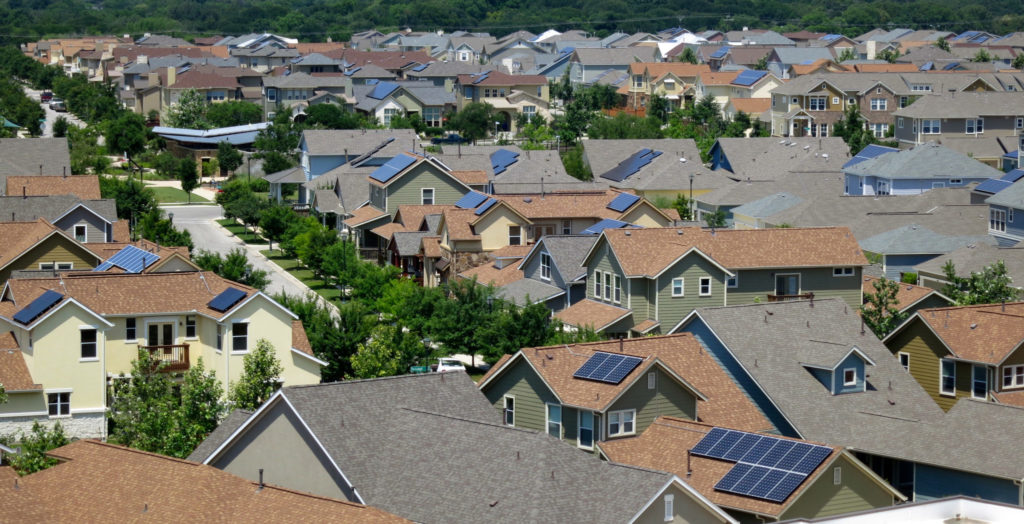
Pecan Street at 10: A Decade of Energy Innovation and Invention
By Colin Rowan, director of communication, Pecan Street – 2019 marks Pecan Street’s 10-year anniversary, and we’re thrilled to report that it’s been an incredible decade of innovation, invention, insight, and progress. Over the next few weeks, we’ll be sharing what we think all of our individual accomplishments add up to — Pecan Street’s 10-Year Top 10.





